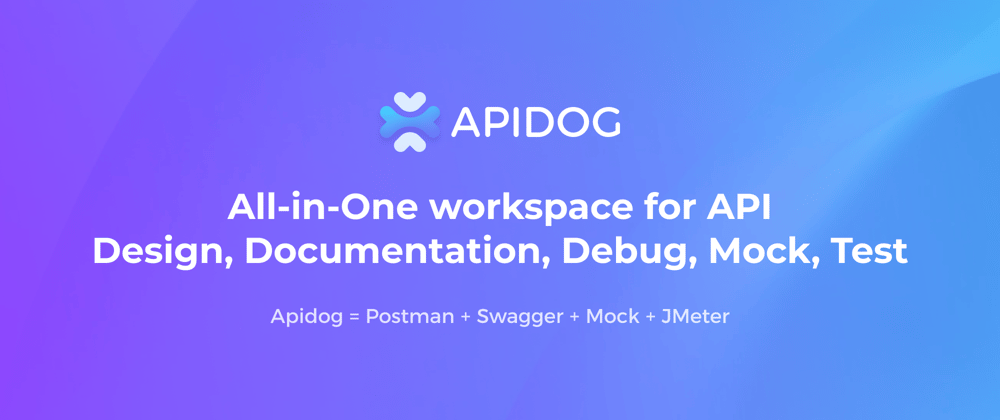Can I Comment Out Elements In Json Using Postman
Can I Comment Out Elements in JSON Using Postman?
While JSON (JavaScript Object Notation) is a lightweight data-interchange format, it doesn’t natively support commenting like other languages such as JavaScript or Python. This means you can’t directly comment out elements within a JSON payload using Postman’s built-in features.
However, there are a few workarounds you can use to achieve a similar effect for testing and debugging purposes:
Using Placeholders in JSON Request Body
One common approach is to use placeholders within your JSON request body. These placeholders can be easily modified and removed during testing.
Example:
{ "name": "John Doe", "email": "john.doe@example.com", "age": "placeholder_age", "address": "placeholder_address"}In this example, the "age" and "address" fields are replaced with placeholders. You can then easily change these placeholders to valid values during specific tests or remove them completely when they are not required.
Commenting Out Elements in Postman’s Pre-request Script
Postman allows you to write JavaScript code in a pre-request script that runs before the actual API request is sent. You can leverage this to modify your JSON payload dynamically.
Example:
// Example Pre-request Scriptpm.test("Check the payload", () => { let jsonData = pm.request.body.raw(); jsonData = jsonData.replace('"age": "placeholder_age",', ''); // Remove age field pm.request.body.raw(jsonData);});In this example, the pre-request script selects the raw JSON payload, removes the "age" field using string manipulation, and then updates the request body with the modified JSON.
Using Variables to Manage JSON Elements
Postman’s variables can also be used to manage different variations of your JSON payload. You can define variables for specific elements and toggle them on or off during testing.
Example:
{ "name": "John Doe", "email": "john.doe@example.com", "age": "{{age}}", "address": "{{address}}"}In this example, the "age" and "address" fields are defined using variables {{age}} and {{address}}. You can then define these variables in the environment or collection variables and easily modify their values for different test scenarios.
Using Conditional Statements in Pre-request Script
Combine pre-request scripts with conditional statements to dynamically create JSON payloads based on your testing needs.
Example:
// Example Pre-request Scriptpm.test("Check the payload", () => { let jsonData = pm.request.body.raw();
if (pm.environment.get("includeAge")) { jsonData = jsonData.replace('"age": "{{age}}",', '"age": "30",'); // Replace variable with value } else { jsonData = jsonData.replace('"age": "{{age}}",', ''); // Remove "age" field }
pm.request.body.raw(jsonData);});This script dynamically decides whether to include or exclude the "age" field based on the value of the environment variable includeAge.
Using Environment Variables in Postman to Manage JSON Elements
You can also use environment variables in Postman to manage different variations of your JSON payload. This is useful for testing different scenarios, such as testing with different user roles or different data values.
Example:
{ "name": "John Doe", "email": "john.doe@example.com", "role": "{{role}}", "address": "placeholder_address"}In this example, the "role" field is defined using the environment variable {{role}}. You can then define this variable in the environment and easily change its value for different test scenarios.
Conclusion
While JSON doesn’t natively support commenting, Postman provides you with various options to achieve a similar effect for testing and debugging purposes. By leveraging pre-request scripts, variables, and conditional logic, you can manage your JSON payload efficiently and adapt to different test scenarios without directly commenting out elements in the JSON itself.
